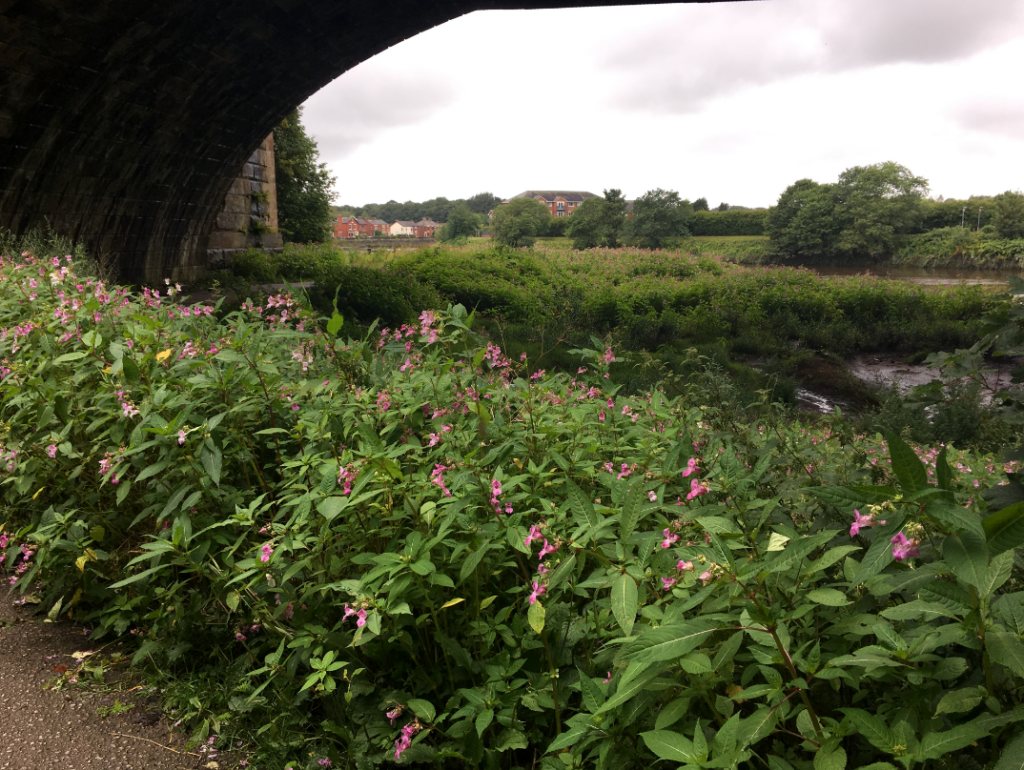
Invasive Non-Native Species (INNS) are a leading driver of biodiversity decline. Furthermore, they threaten ecosystem services including water supplies, impact health and well-being, and increase flood risk. The ICASP-funded INNS project highlighted that these INNS-induced risks cost the UK an estimated 1.8bn pa. The Government has international and national commitments to tackle INNS including reducing the rate of introduction and spread of these harmful organisms.
ICASP gave evidence of the 2019 government enquiry and the 2022 UK Post Note on INNS which both identify Biosecurity (practical actions which are taken to reduce the risk of accidentally spreading INNS in the environment) as key to slowing the spread of INNS.
In 2022 the GB Non-Native Species Secretariat set up the INNS Training Coordination Group (TGC) joined by iCASP INNS project lead Prof. Alison Dunn, was invited to join. The TGC’s mission includes:-
- Encourage uptake of training. Key groups to target include field workers (from Government, non-government organisations, industry, and education) and training providers.
- Help overcome barriers to training (barriers include – a lack of easily accessible technical information, a lack of training on key topics, and difficulties for users finding or accessing training).
Output
As a result of the TGC mission, we are developing a free e-learning course – Awareness of INNS and Training in Biosecurity – to prevent to spread of INNS. This online training is particularly aimed at researchers, lecturers and students working in the environment. It will help users identify risks and highlight best practice biosecurity measures to mitigate against them. The training is important as Universities educate students who will go out to a range of careers in research, education and environment management.
The course is developed in collaboration with the GB Non-Native Species Secretariat and will be hosted on their website where it will be freely available.
